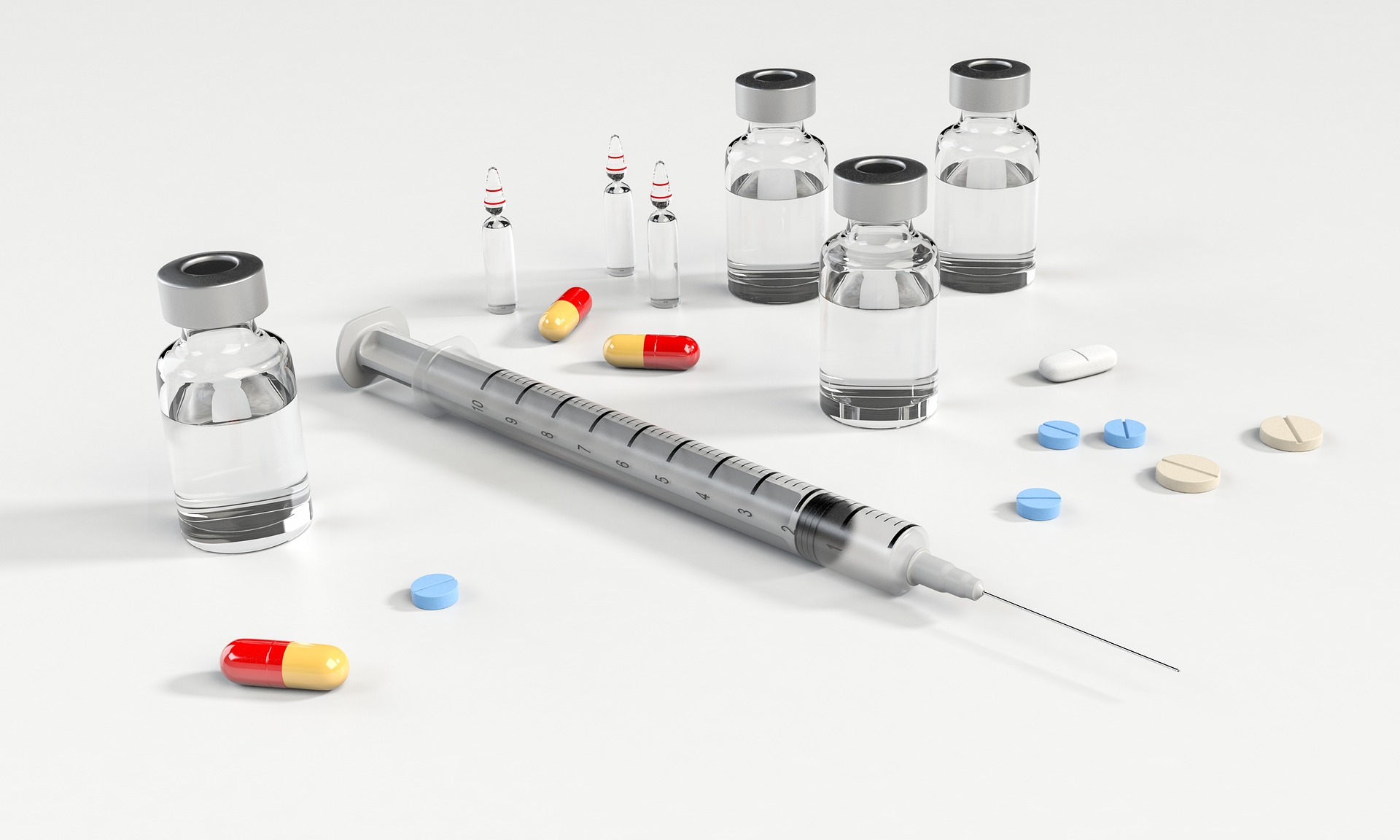High Costs of Diabetes
Discussions around type 1 diabetes care and affordability often focus on the cost of insulin. While insulin prices can be extremely high and add up quickly depending on how much is needed to effectively control blood sugar levels and what is covered by insurance, this is not the only diabetes-related expense that individuals incur.
Insulin is only one part of managing diabetes. Patients also must pay for the supplies necessary to test and monitor their blood glucose levels and to administer insulin. Many people use continuous glucose monitors and insulin pumps to assist, and even if they don’t, they need syringes and other testing supplies.
A national study of 65,199 patients between the ages of 1 and 64 who had private, employer-sponsored insurance coverage found that the average out-of-pocket cost for managing diabetes was $2,500 a year. But only 18% of that cost was insulin. The rest was other supplies like those aforementioned. Furthermore, families with children who had type 1 diabetes were more likely to use CGMs and insulin pumps to help manage their child’s condition, and their annual out-of-pocket costs exceeded those of adults at $823 versus $445 respectively.
While steps have been taken to reduce the cost of insulin in recent years, and especially during the coronavirus pandemic, not as much has been done to improve the affordability and access of other diabetes-related supplies. CGMs and insulin pumps can play an integral role in helping patients better manage their diabetes and reduce complications, especially for children; in turn, this may help decrease additional medical expenses.
More focus is needed on the overall costs of diabetes management and how to better support patients in affording the care they need for improved health. The Diabetes Research Connection (DRC) stays abreast of the latest changes in the industry and advancements in research and treatment to help individuals with type 1 diabetes. Scientists are always working on ways to improve care and reduce the burden of the disease, and the DRC provides critical funding for these efforts. Learn more about current projects and how to support early-career scientists by visiting http://localhost/drc.




